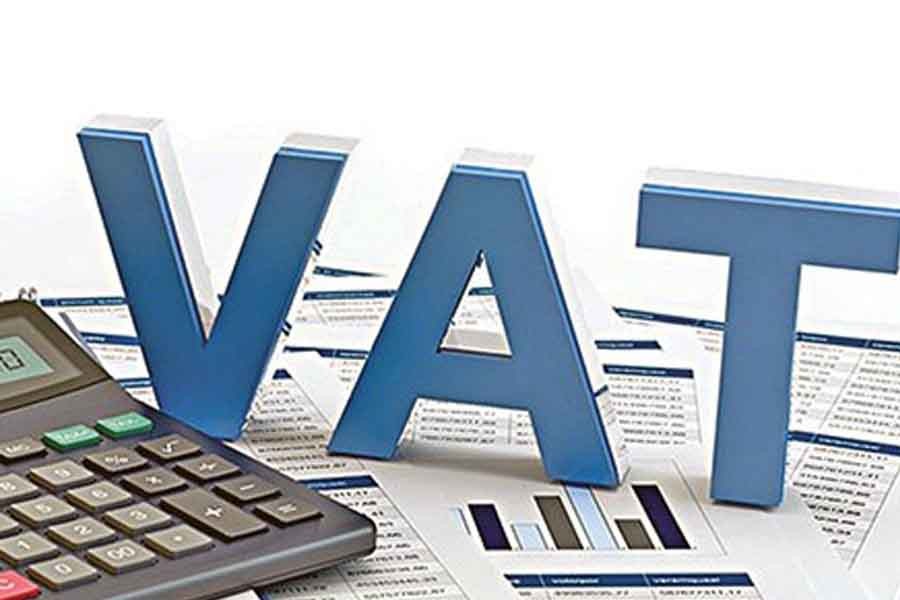Two major fiscal measures regarding Value Added Tax or VAT may be revised in the Finance Bill, after widespread criticism.
The measures include input credit on the basis of consumption and depositing a higher amount of disputed VAT for filing an appeal.
Both businesses and VAT officials found the two provisions difficult to comply with and implement.
According to the Finance Bill-2020, placed on June 11, 2020, the input tax credit will now be based on the portion of input consumed in a tax period for taxable supplies.
This provision will allow VAT rebate based on the actual consumption within four months only.
Lobbyist groups like the Metropolitan Chamber of Commerce and Industry, Dhaka (MCCI) and the Foreign Investors Chamber of Commerce and Industry or FICCI termed these measures business-unfriendly.
The basic principles of new VAT law have been eroded with the input credit restrictions, they said.
In the finance bill, the government also doubled the requirement for depositing VAT upfront to 20 per cent of the disputed VAT demand if taxpayers want to file appeal at both the commissioner (appeal) and tribunal level.
Officials said the new requirement may be halved in the Finance Act-2020 to be passed by parliament on June 29.
The proportionate VAT rebate based on the actual consumption in the month may also be revised, they added.
"Maintaining books and records will be quite impossible for the industries dealing with hundreds of materials and finished products like pharmaceuticals, paints, FMCG, etc," said T.I.M Nurul Kabir, executive director of the FICCI.
He feared the significant loss of VAT rebate if manufacturing firms fail to use their materials within four months of the receipt.
Mr Kabir said a significant amount of working capital of a company will remain blocked.
He said currently the entire industry is facing a liquidity crisis due to COVID-19 and this provision will literally kill many industries.
It will create unnecessary disputes with the VAT authority and affect the index of ease of doing business.
He demanded reinstating the earlier provision so that manufacturers can claim VAT rebate based on the actual quantity of input materials if purchased, not on the basis of use in production.
On depositing 20 per cent of the disputed VAT demand before filing appeal to commissioner or tribunal, he sought reinstating the earlier provision.
"If someone prefers to file an appeal to the high court after the unfavourable outcome from commissioner (appeal) and tribunal, total deposit will be 50 per cent of the disputed amount," he said.
Adeeb H Khan, tariff and taxation subcommittee chair of the MCCI, a number of changes in VAT law disappointed businesses, which are unfair, business-unfriendly.
The most important thing of VAT is to claim input VAT credit, but the proposed measure on consumption by four months is a disaster for businesses, he said.
Former president of the Institute of Chartered Accountants of Bangladesh Humayun Kabir said amendments restricting the time for using the materials, locally purchased or imported, within four months is impracticable.
It will be difficult to monitor and may increase the disputes and harassments to domestic manufacturers, he said.
The increase in disputed VAT deposit at the time of filing an appeal to First Appeal and VAT Appellate Tribunal will impose a big burden on businesses, he added.
A senior VAT commissioner admitted the amended provision for input credit would be difficult to implement in field-level offices.
Officials have already discussed the issue drawing attention of the VAT policy wing, the commissioner said.


